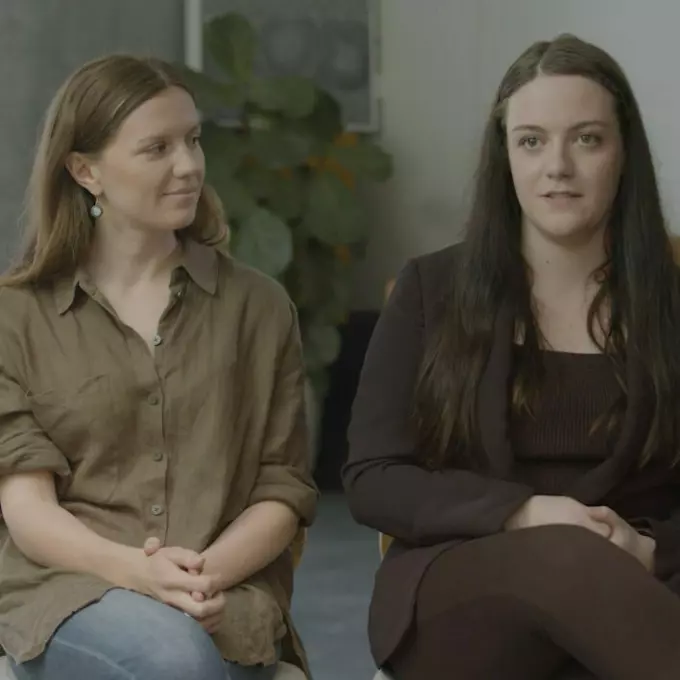
SafeSide Framework for Suicide Prevention for Rural Communities
Half-day workshop + One year of learning and interaction
Online Workshop
In Partnership with the UR Medicine Recovery Center of Excellence
Half-day Workshop
Learn a systematic framework for suicide prevention that can be applied in rural communities, with a special focus on youth, substance use, and Indigenous or Tribal communities.
Monthly Q&A
When the rubber hits the road, SafeSide is there for you. Brief monthly Q&A video calls and an online discussion forum to ask questions, request feedback, and share experiences.
Weekly Newsletter
Tips, research updates, and quick learning opportunities to SafeSide members so you stay current and keep growing in your suicide prevention expertise.
Workshop for Service Providers in Rural Communities
The UR Medicine Recovery Center of Excellence, with funding from the Health Resources & Services Administration (HRSA) partnered with SafeSide Prevention to provide a workshop focused on suicide prevention training for service providers in rural communities at no-cost to you.

* screenshots of participant chat comments during workshop May 23, 2023
Inclusive
Physicians, nurses, physicians assistants, social workers, nurse practitioners, youth organization team members, mental health professionals, school health professionals and others who serve rural communities are all welcome to attend.
Online. Half-day. Not boring.
This interactive workshop features video demonstrations, active discussion groups, and access to the latest research on best practices for suicide prevention.
Content is designed for service providers in rural communities, with highlights on suicide prevention for youth, substance use, and Indigenous or Tribal communities.
Workshop Dates:
Future workshops are currently being scheduled.
